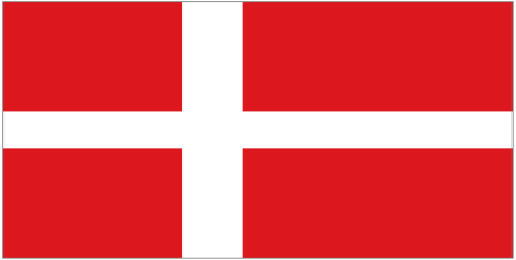Statistical analysis
Learning outcome:
Having completed this course, the student will have gained knowledge about different data types, their distributions and how to handle this knowledge.
Furthermore, the student will be able to plan studies with respect to collection of data, the management of data, stating the relevant statistical hypotheses and perform simple analyses. This will also focus on the discipline of statistical design of experiments.
This course will enable the student to identify when it may be advantageous to employ statistical methods in connection with conservator tasks and development of methodology. Various computer programs to solve statistical problems will be introduced; such as Excel and statistical programs. The focus will be on how to interpret the results in a professional conservator framework.
Finally the students will obtain insight into when it may be necessary to bring in statistical expertise for more complicated analyses.
Content:
The course will start with the basic statistics, where all subjects will be introduced form scratch. After that we will go on to statistical distributions, where especially the Normal distribution will be introduced thoroughly. Then statistical tests – the t-test, regression analysis, analysis of variance and statistical design of experiments, as well as introduction to more advanced methods of analysis. Specifically, the students will learn about the Normal distribution and its advantages, frequency and count tables, choice of test and interpretation of level of significance. The statistical tests being introduced, is the chi-square test, the t-test, linear regression and analysis of variance.
Teaching methods:
Interactive lectures, as well as exercises, which also will be carried out on the computers in the library. Finally a homework assignment will be given. This may be based on concrete projects that the students are working with.
Duration: 45 hours
ECTS: 6


